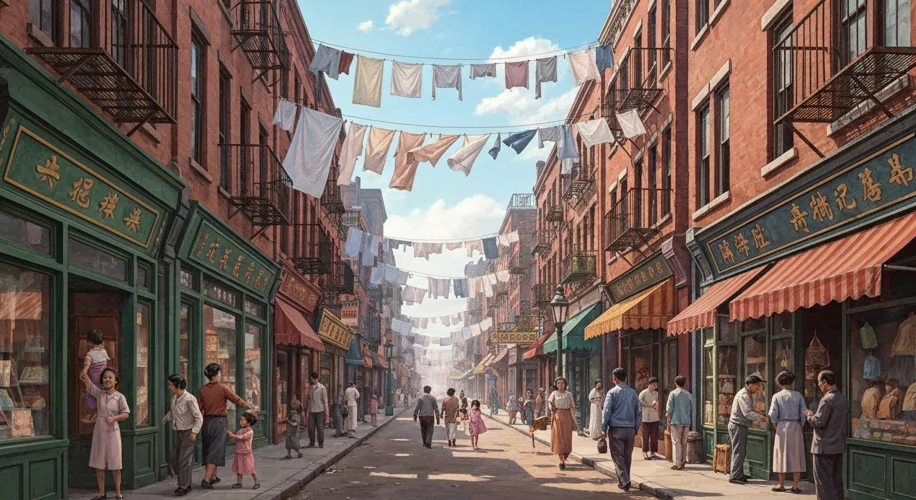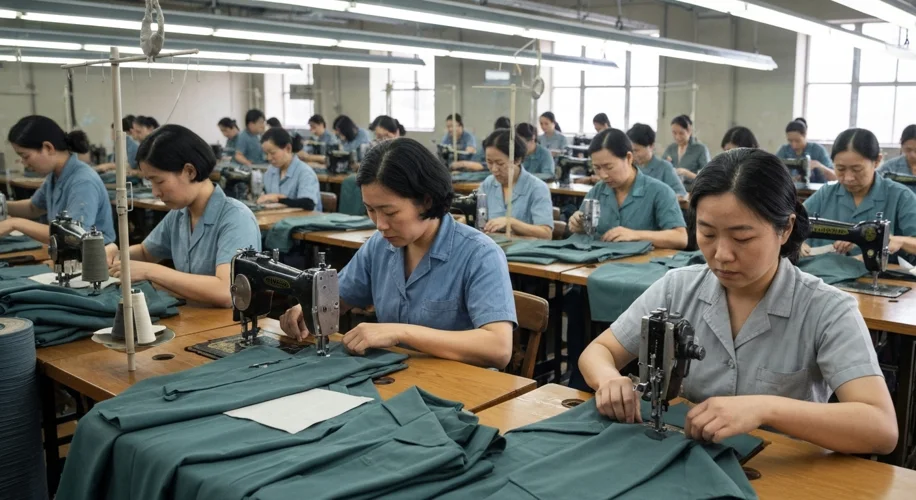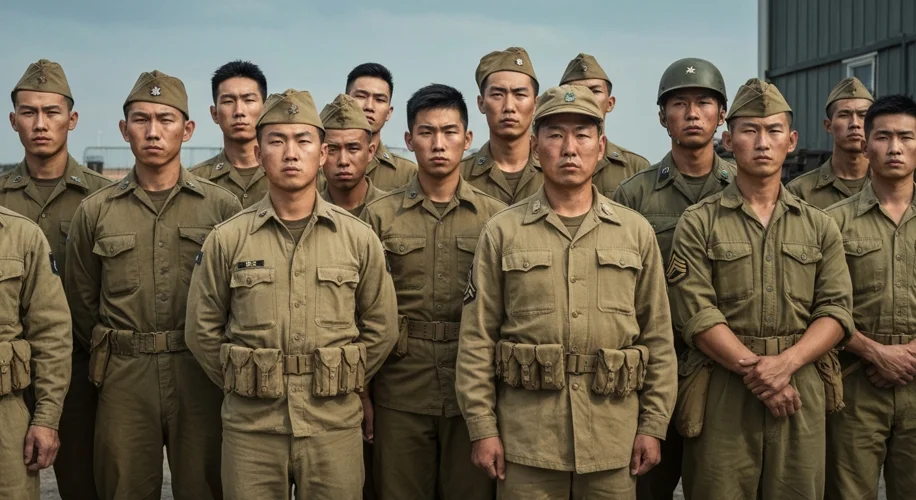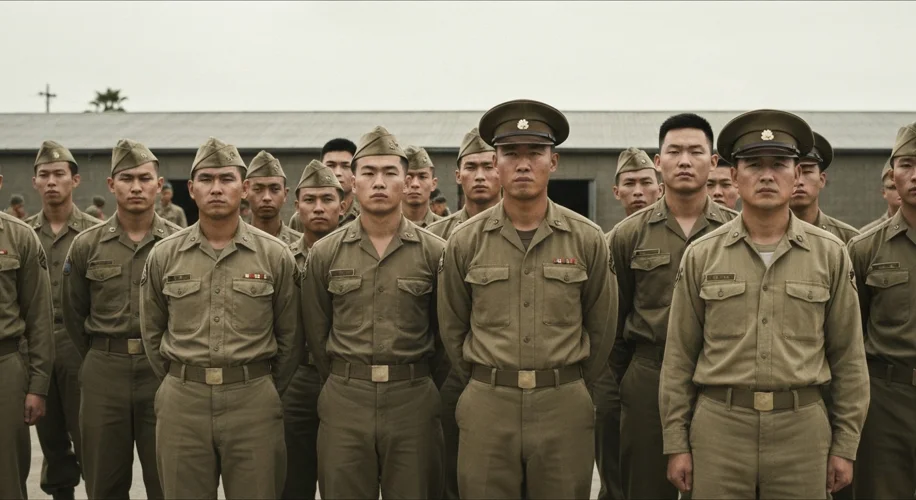The year is 1941. The drums of war beat louder with each passing day, yet for many Chinese-Americans, the fight for acceptance and belonging in their adopted homeland was a silent, constant battle. As the United States braced for the onslaught of World War II, the lives of Chinese immigrants and their American-born children were a complex tapestry of dual loyalties, enduring discrimination, and unwavering contributions.
Long before Pearl Harbor thrust America into the global conflict, Chinese immigrants had faced a legacy of exclusion. The Chinese Exclusion Act of 1882, a stain on American immigration history, had severely restricted Chinese labor and made family reunification nearly impossible. Even as generations passed, and many Chinese-Americans were born and raised on American soil, they were often treated as perpetual foreigners, subjected to segregation, discriminatory laws, and pervasive racism. Many were forced to live in enclaves known as Chinatowns, not by choice, but by necessity, facing barriers to employment, education, and housing in the wider society.

When Japan, a nation that had invaded China in 1937, attacked American interests, the situation for Chinese-Americans became even more precarious. Suddenly, they were caught between two worlds. While the United States was now allied with China against the Axis powers, the lingering anti-Chinese sentiment, fueled by decades of propaganda and fear, did not vanish overnight. Whispers of suspicion and accusations of divided loyalties were not uncommon. Some Chinese-Americans were even subjected to surveillance, their patriotism questioned simply because of their ethnic background.
Yet, amidst these challenges, the resolve of Chinese-Americans hardened. The shared enemy in the Pacific provided a powerful impetus for unity. For many, serving in the U.S. military became a profound act of proving their Americanism. Over 13,000 Chinese-American men served in the U.S. Army, Navy, and Marines. They fought bravely in every theater of the war, from the Pacific islands to the European front. Their bravery defied stereotypes and demonstrated their commitment to the nation that was, for many, the only home they had ever known.
One such individual was P.C. Moy, a young Chinese-American who enlisted in the Army Air Forces. He remembered the camaraderie with his fellow soldiers, but also the moments of casual prejudice. “We were all fighting for the same flag,” he recalled years later, “but sometimes it felt like we had to fight harder just to be seen as equals.” His story, like countless others, highlights the dual struggle: facing the enemy abroad and combating prejudice at home.
Beyond the military, Chinese-American women played crucial roles on the home front. They stepped into factory jobs vacated by men who had gone to war, contributing to the industrial might of the nation. Many worked in the garment industry, producing uniforms and supplies, or in canneries, processing food for the troops. Others became nurses, teachers, and volunteers, supporting the war effort in myriad ways. The vibrant community life in Chinatowns continued, with residents organizing war bond drives, scrap metal collections, and blood drives, demonstrating their deep commitment to the Allied cause.

The war also brought about a significant, albeit ironic, shift in U.S. policy towards China. In 1943, with China as a crucial ally, the Magnuson Act was passed, repealing the Chinese Exclusion Act. This was a symbolic victory, a recognition of China’s importance in the war effort, and it finally allowed Chinese immigrants to become naturalized citizens. While this did not erase decades of discrimination, it marked a turning point, offering a glimmer of hope for greater inclusion.
However, the daily lives of Chinese-Americans remained a testament to their resilience. Wartime rationing affected everyone, and Chinese-American families adapted as best they could, often relying on the tight-knit community networks within Chinatowns for support. Children helped their parents in businesses, often acting as translators and liaisons with the outside world, navigating a society that was still learning to accept them.
The contributions of Chinese-Americans during World War II were multifaceted and invaluable. They served on the front lines, worked in factories, and supported the war effort on the home front, all while confronting deep-seated prejudice. Their experiences underscore a critical narrative often overlooked in historical accounts: the struggle for identity and belonging within a nation at war, a testament to the enduring spirit and patriotism of a community determined to forge its place in the American story.

The war effort, while demanding, ultimately served to highlight the patriotism and resilience of Chinese-Americans. Their service and sacrifices were crucial in the fight against fascism and laid some groundwork for future civil rights advancements. The repeal of the Exclusion Act, though primarily a strategic wartime move, began to chip away at the legal edifice of discrimination, allowing for greater opportunities and a stronger sense of belonging for generations to come.

